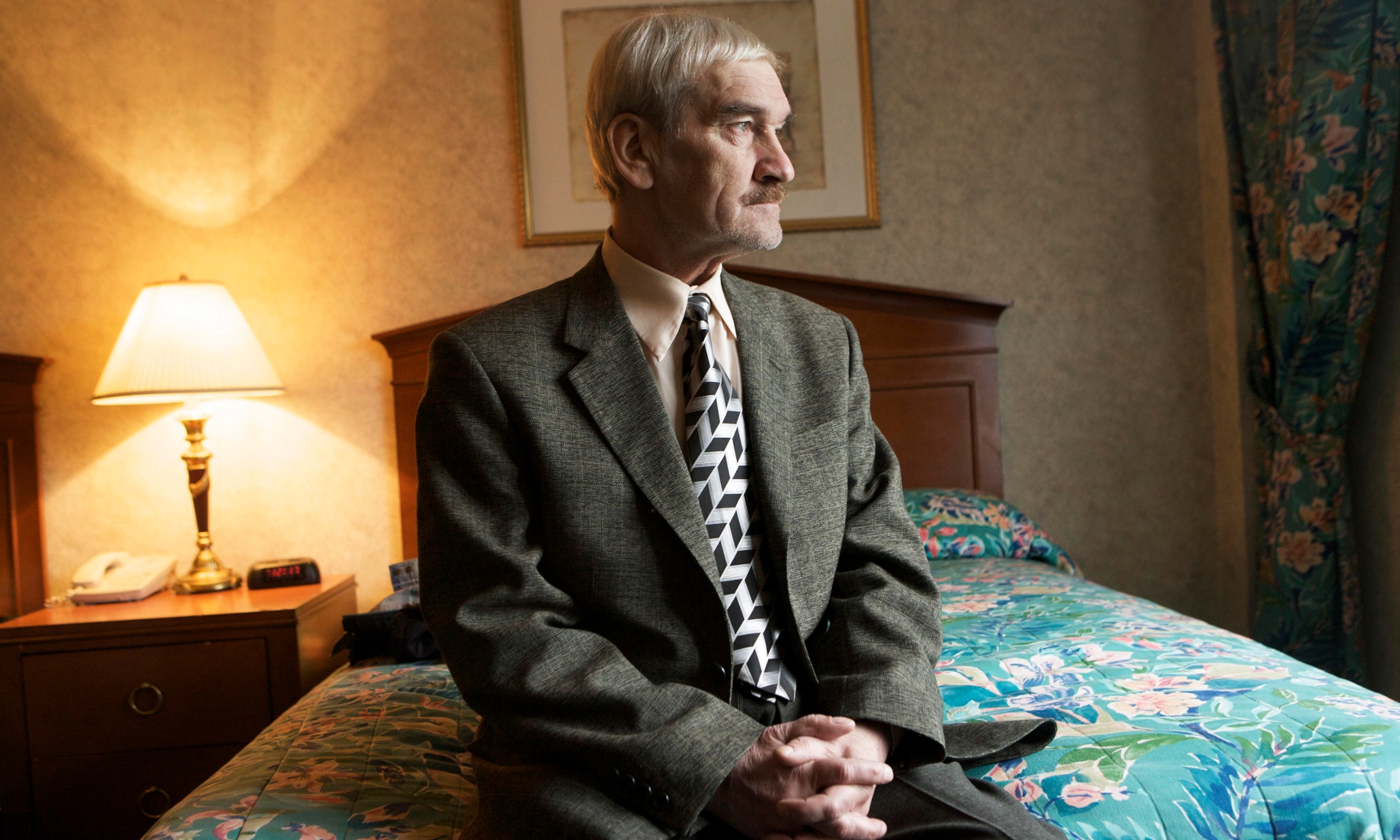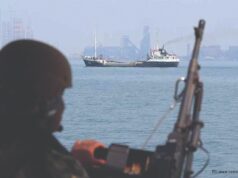
Stanislav Petrov, a former Soviet officer who averted a possible nuclear disaster at the peak of the Cold War between the United States and the Soviet Union has died at the age of 77.
On 26th September, 1983, duty officer Petrov was in charge of an early warning radar system in a bunker near Moscow when computer readings suggested several missiles had been launched from the US towards the USSR. The Soviet military protocol was to launch a retaliatory nuclear attack, but Mr Petrov took the decision that they were a false alarm and decided not to alert his superiors.
Further investigation concluded that Soviet satellites had mistakenly identified sunlight reflecting on clouds as the engines of intercontinental ballistic missiles.
The near-crisis came at a time of heightened tensions between the US and USSR, three weeks after the Soviet military shot down Korean Air Lines flight 007, killing all 269 on board.
In the aftermath, the Soviet government investigated the incident and determined that Petrov had insufficiently documented his actions during the crisis. He explained it as “Because I had a phone in one hand and the intercom in the other, and I don’t have a third hand”; nevertheless, Petrov received a reprimand.
In 1984, Petrov left the military and got a job at the research institute that had developed the Soviet Union’s early warning system.
Petrov died on 19 May but news of his passing became widely known only this month.
When his story was made public in 1998, he was widely praised for his actions, and given an award addressed “to the man who averted a nuclear war,” by the Association of World Citizens in the UN headquarters in New York.
German film-maker Karl Schumacher, who first brought Petrov’s story to an international audience, telephoned him to wish him a happy birthday on 7 September only to be informed by his son, Dmitry Petrov that he had passed away.








